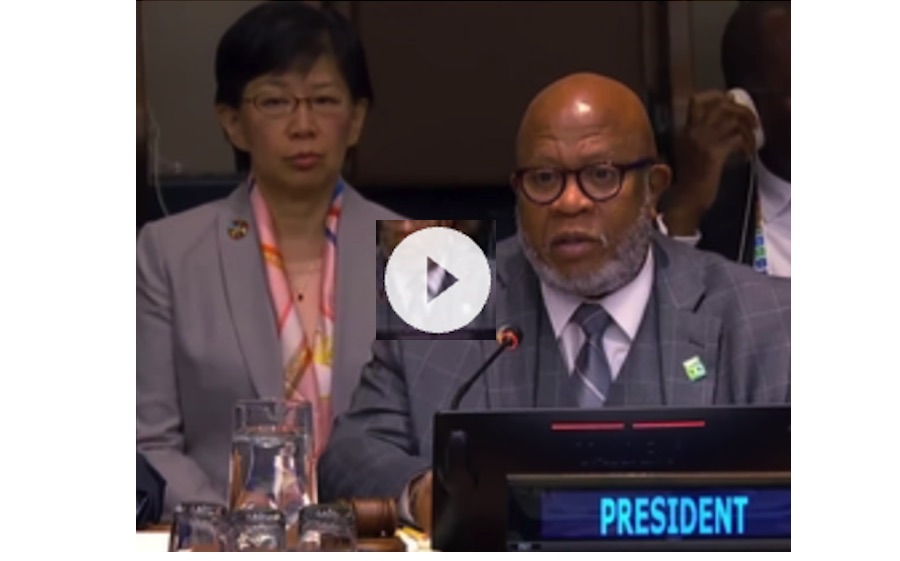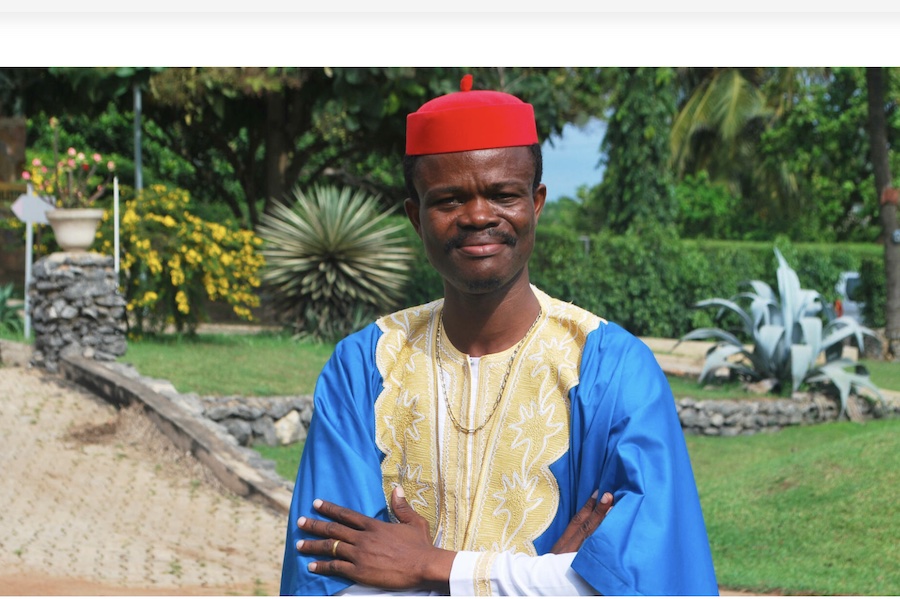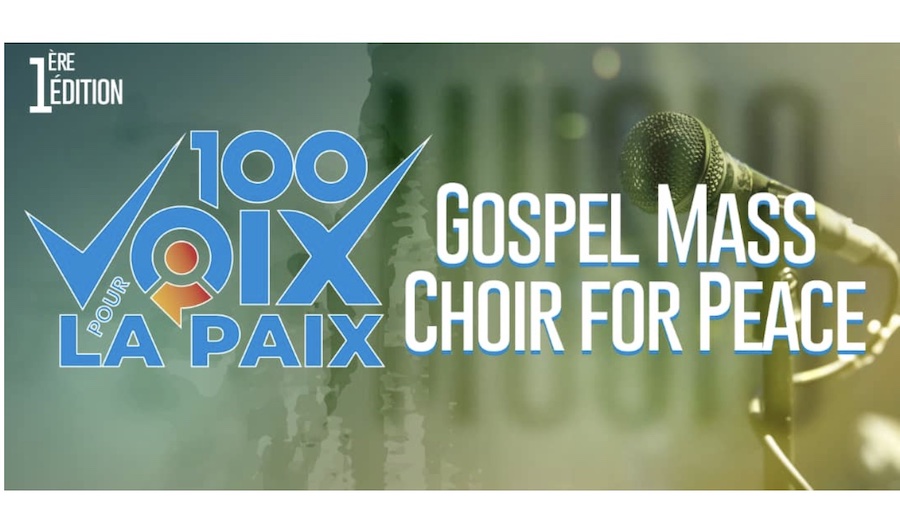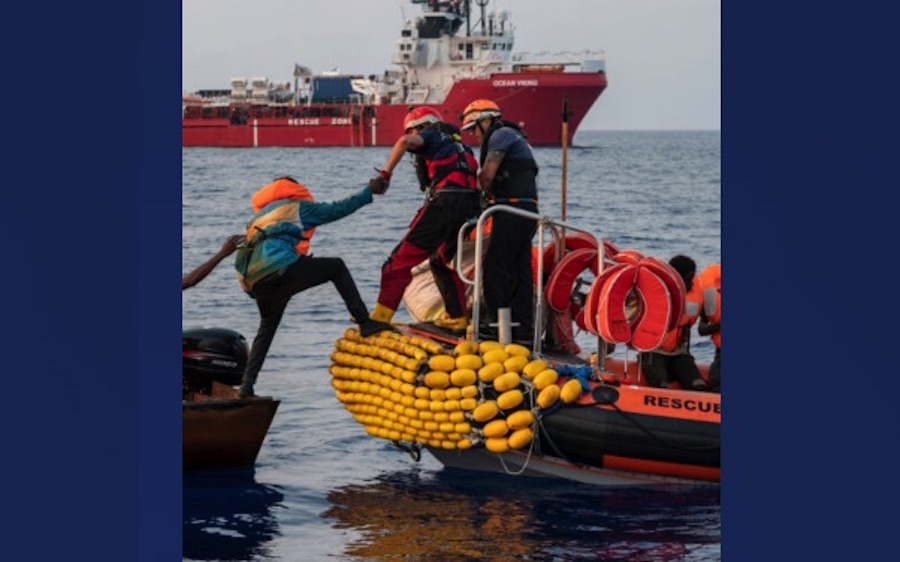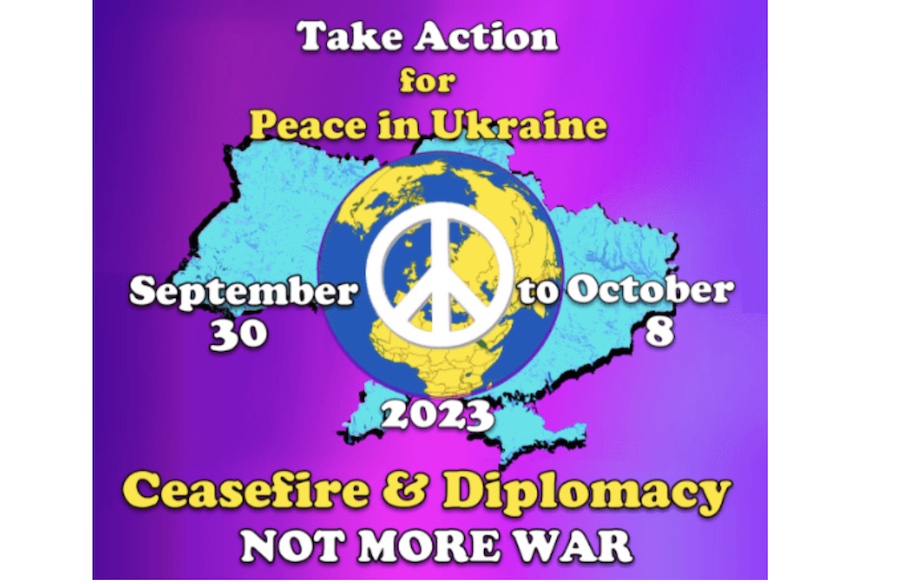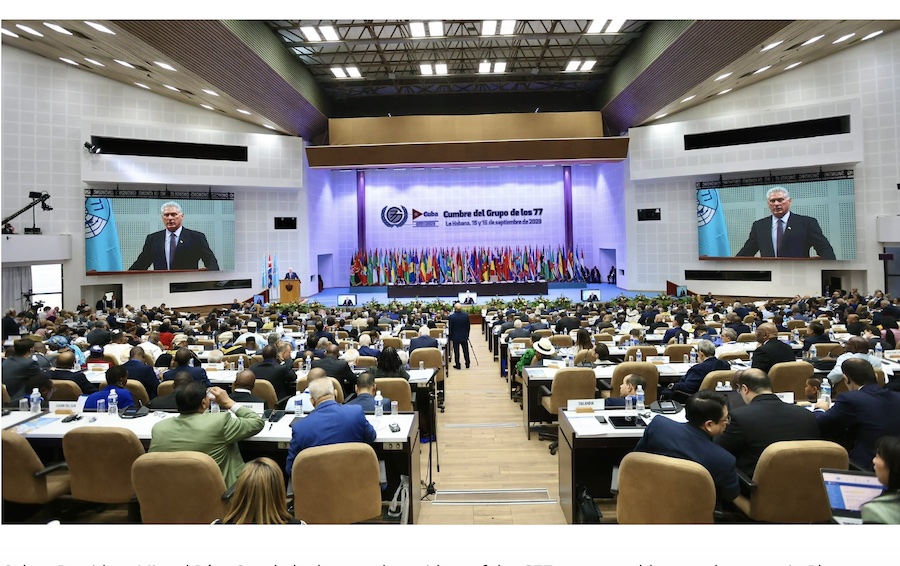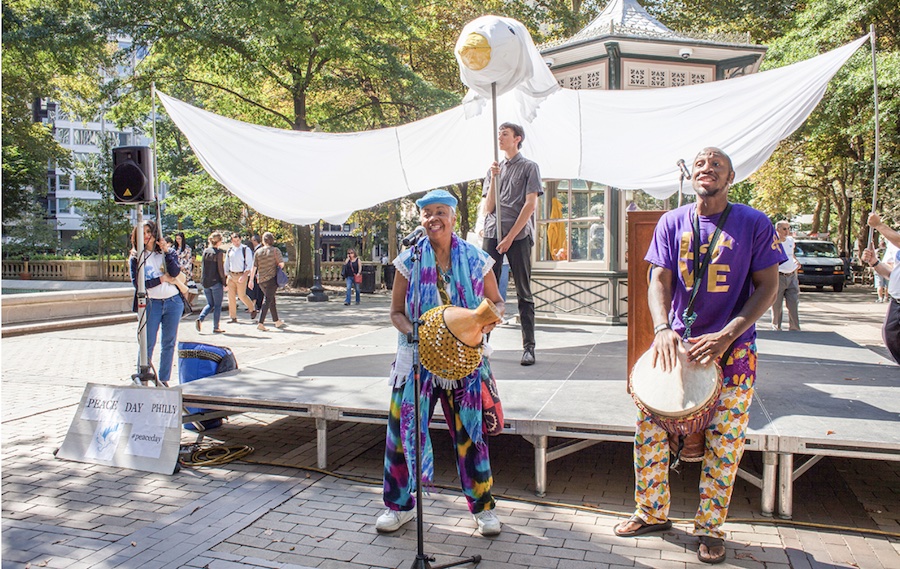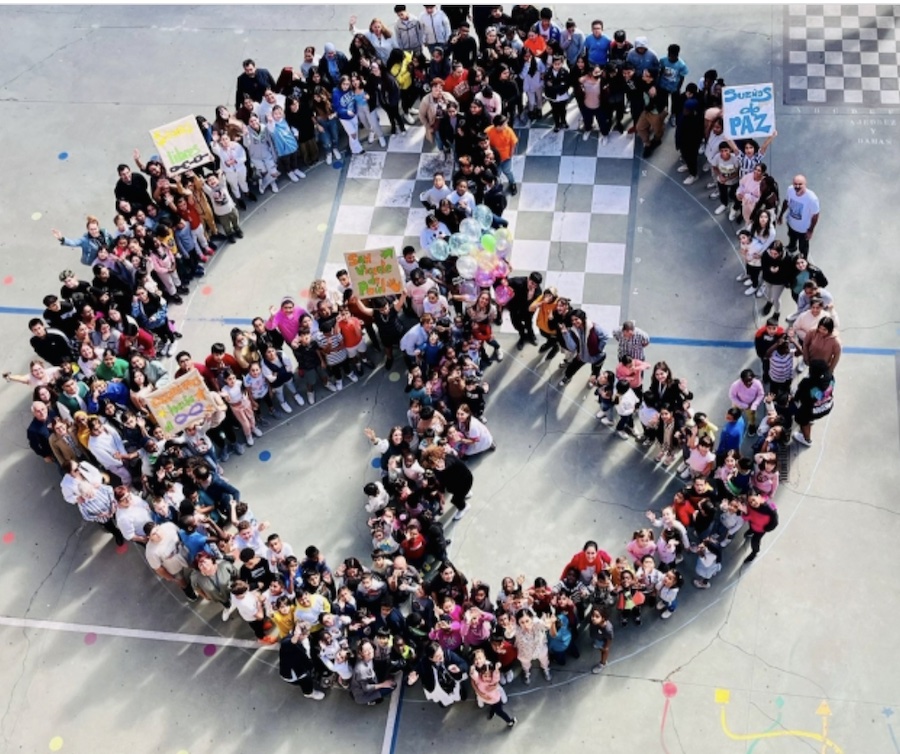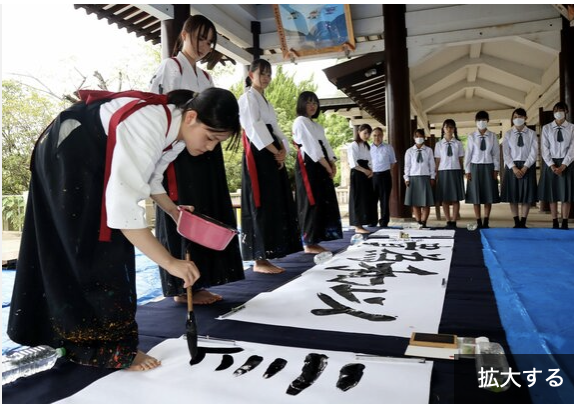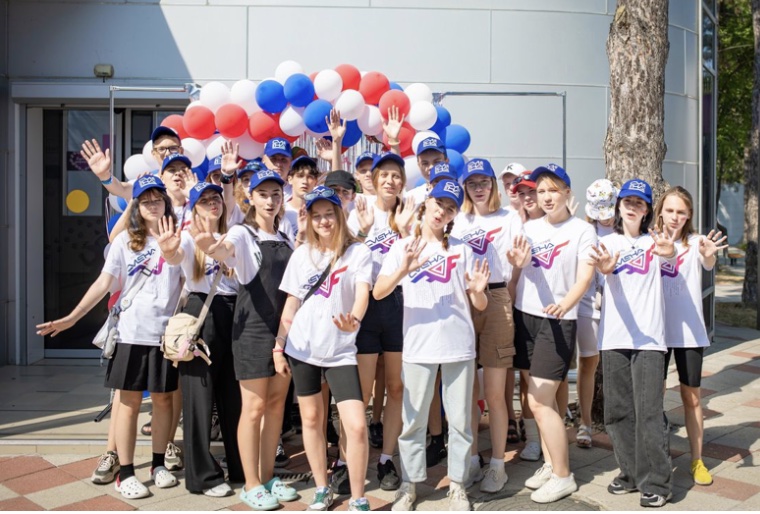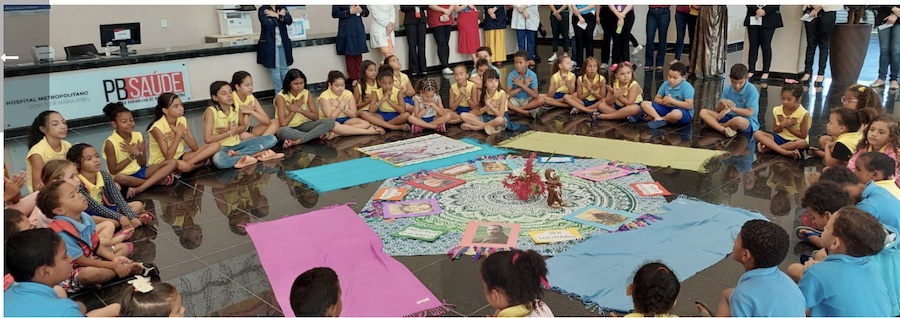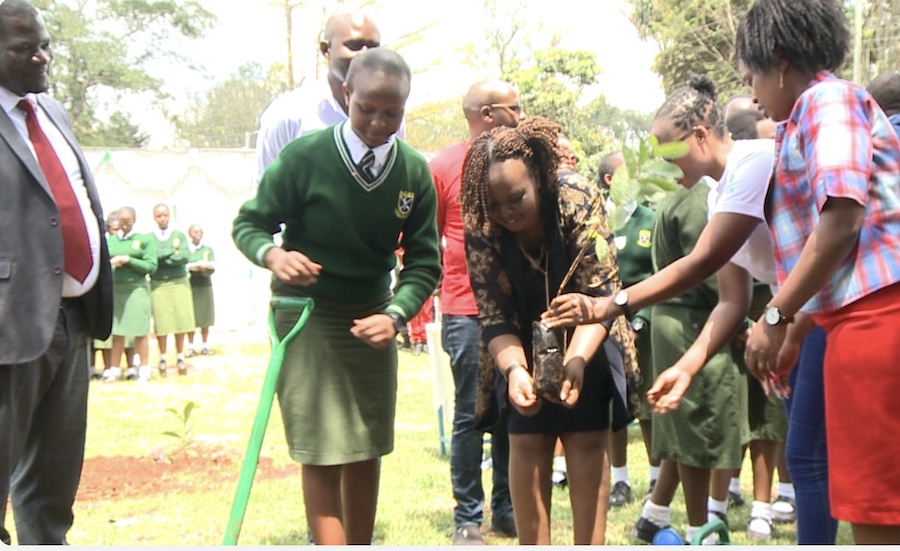. EDUCATION FOR PEACE .
An article from La Depeche d’Abidjan
Through oral tradition and knowledge of history, African culture can convey peace and creativity on the continent, beyond, and throughout the world.
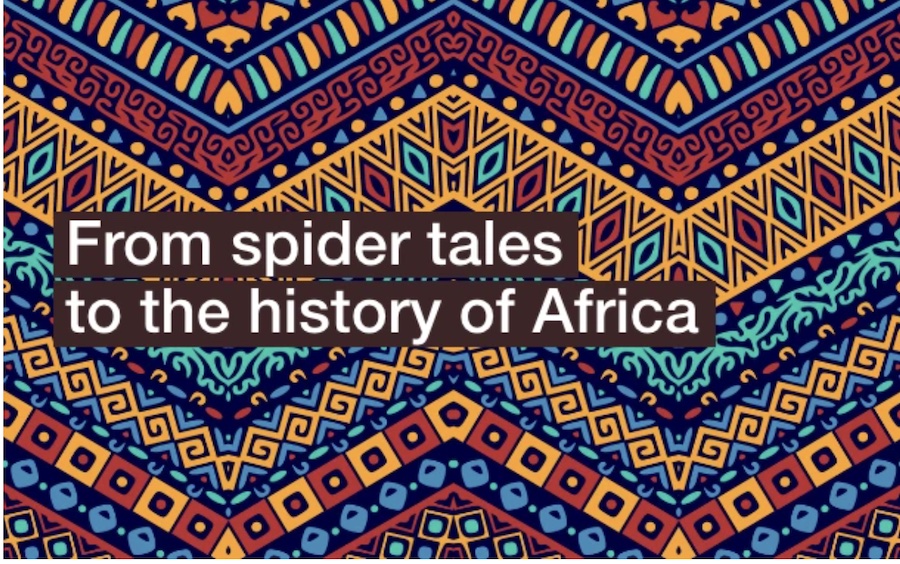
In West African folklore, Anansi was a charming prankster with the appearance of a spider. He realized that human beings were sad, because they had no reason to hope or envisage a bright future. He then remembered that Nyame, the sky god, had magical things called stories. These stories could make humans happy, Anansi thought.
He visited Nyame and asked to buy his stories. However, the sky god told him that they were not for sale. “I won’t sell them for anything in the world, except for Onini the murderous python, Osebo the elusive leopard, Mmoatia the mischievous fairy and Mmoboro, the swarm of deadly hornets,” says Nyame. This mission was a feat, but not for Anansi, who managed to capture these four out-of-reach targets using his genius. When he delivered them to Nyame, the latter was not satisfied. However, having made a deal with Anansi, he had to honor his promise.
“Bring these stories back to earth and give them to humans,” Nyame said. They will be eternally grateful to you. Besides, they will name all the great tales “spider stories” in your honor. »
Thus, Anansi the joker became the god who knew all stories. The myth of Anansi illustrates the need for every society to create and share stories.
Netflix and UNESCO have joined forces to launch an innovative short film competition on the theme “African folk tales revisited” throughout sub-Saharan Africa. The winners of the competition will be trained and monitored by professionals in the field and will receive a production budget of $75,000 to produce short films which will be broadcast for the first time on Netflix in 2022, in the form of an Anthology of African folk tales. One of the main objectives of this competition is to discover new voices and give international visibility to young directors from sub-Saharan Africa.
From spider tales to African history
Stories such as those shared by Anansi have been at the heart of human life for thousands of years, a kind of cognitive game that stimulates the human mind, allowing us to understand natural and social phenomena, and to imagine different strategies for living in a complex world. It could be assumed that the more we collect and share these stories, the more we will be able to understand ourselves, others, the world around us, respective and common values and traditions. UNESCO’s work over the past decades to document, collect and write down these stories from around the world is not only a much-needed effort to protect and preserve precious heritage, but also an effort to develop knowledge of the world as well as our collective capacity to understand ourselves.
Spider tales are widespread in West Africa,. The Ghanaian tales of Anansi are among the best known, in the Akan language the name Anansi comes from the word “spider”.
Today, Anansi symbolizes the wisdom, creativity and complexity of the entire African continent. Oral traditions — messages, songs, fables and proverbs — are passed from one generation to the next without writing, allowing people to make sense of the world around them and teaching them essential aspects of their culture.
Like the tales of Anansi, told since the dawn of time, the history of the African continent has been passed down orally from generation to generation. Although historical writings have existed in West Africa for many centuries, the majority of people on the continent were unable to read them. Oral tradition allowed Africans to share their common history, whether they came from the north or the south of the continent, however Europeans considered that the latter had no history, because they were incapable of reading and understanding it. to understand. Thus, the history of Africa that was shared with the rest of the world began with the story of colonialism and that of Europeans in Africa.
Decolonizing African history
In the early 1960s, as Africa entered a phase of rapid decolonization, intellectuals and leaders of newly independent countries worked to liberate their history as well as that of their nation. In order to put an end to the general ignorance of African history, UNESCO launched the “General History of Africa” in 1964. The Organization invited African intellectuals to write, for the very first time, the history of their continent using sources often ignored by Western historians, such as folklore, traditions and culture, to provide an African perspective, free of the racial biases emanating from the slave trade and European intervention.
This ambitious project, intended to renew scientific approaches to the history of Africa, had immense repercussions on world history, and offered a new global perspective on the history of all continents. It placed Africa at the heart of the history of humanity. For the first time, we attempted to go beyond the borders of national stories in order to construct a true “general history”, highlighting the common points between peoples and cultures, revealing trends and exchanges over the centuries beyond borders. national, and highlighting identities like never before.
The African continent has the longest history in the world: it is the cradle of humanity. In the 19th century, Charles Darwin was the first to suggest that the common ancestor of human beings was most likely African, an idea that alarmed many at the time. “The fact that we could have evolved in Africa was anathema to many, who were unable to believe that the pure white, blue-eyed, flaxen-haired northern populations could have originated on the ‘dark continent’. ”. However, all the major events linked to our history date back to Africa,” explains the Kenyan paleontologist, Richard Leakey, one of the first contributors to the General History of Africa project. “We are an African animal, an African species that has colonized and recolonized the world at different times and in different ways. Today, no human being can say that Africa is not their motherland.”
The General History of Africa
The General History of Africa (HGA) is a pioneering, unprecedented project, aiming to cover the history of the entire African continent, from the beginning of humanity to the contemporary challenges faced by Africans and their diasporas around the world. A story which brings to light the pre-colonial period and intertwines the destiny of Africa with that of humanity by highlighting its link with other continents and the contribution of African cultures to the general progress of humanity. In recent years, UNESCO has begun the preparation and editing of three new volumes of the HGA (volumes IX to XI).
Starting from the example of Africa, UNESCO has led other vast historical projects on a regional scale, such as the General History of Latin America and the Caribbean, the History of Civilizations of Central Asia, the different aspects of Islamic culture as well as the History of humanity. These volumes and their thousands of pages, written well before the birth of online platforms such as Wikipedia, represent one of the most ambitious scientific endeavors aimed at building a common understanding of the human history we share. The General History of Africa has since changed the global perspective on how history is written and constitutes a historiographical shift in scale that modern “world history” and contemporary “connected histories” continue to explore .
The General History of Africa in video
The General History of Africa (HGA) launched by UNESCO in 1964 has entered a new phase with a nine-part documentary series, produced by BBC journalist and producer Zeinab Badawi. The latter traveled to the four corners of Africa, interviewing historians, archaeologists and African citizens whose testimonies and stories paint a vivid picture of their continent’s past and its influence on their lives today.
Teaching the General History of Africa
In March 2009, UNESCO launched “Pedagogical Use of the General History of Africa” to respond to requests made by African countries concerning the adaptation of the content of the volumes of the General History of Africa. Africa to school education. To do this, UNESCO has developed educational content to teach to children in African primary and secondary schools in order to improve the knowledge of African pupils and students on the way in which African societies have evolved through time and space. and on the impact of these changes on the present and the future.
Celebrating a common culture: from north to south, from west to east
There is an expression common to many Southern African languages: “Umuntu ngumuntu ngabantu”, which literally means “a person is a person through other people”.
In African culture, the “self” is not separate from the world, on the contrary, it is one with the natural and social environment. Although there are different ethnicities and nationalities — each with their own language, gastronomy and artistic expressions — all Africans share a common culture. This African wisdom echoes John Donne’s famous quote “no man is an island”, which reminds us that human beings do poorly when they are isolated from others and need to be part of a community to thrive.
The end of colonization at the beginning of the 1960s was no guarantee of lasting peace on the continent.
On the contrary, violent political events, rooted in ethnic conflicts, have hit sub-Saharan Africa since independence, causing millions of deaths and slowing economic development.
To ensure peace on the continent, regional communities understood that they needed to strengthen their ties and interact with each other, celebrating their common culture.
Let us draw together from our values, our traditions, our culture in order to find the path to prosperity and peace. Denis Mukwege, Congolese gynecologist and winner of the Nobel Peace Prize in 2018
(Article continued in right column)
(Click here for the original French version of this article)
Question related to this article:
Can popular art help us in the quest for truth and justice?
(Article continued from left column)
Building peace in Africa
Every two years, Luanda, the Angolan capital, transforms into a global center for peace in Africa, as the city hosts the “Pan-African Forum for the Culture of Peace”, also known as the Luanda Biennale. More than 60 countries are represented, attracting representatives of governments, international organizations, NGOs and artists. They share ideas, enter into new partnerships and take part in cultural events, with one common goal: to strengthen the culture of peace on the continent.
The Biennale is the result of the joint efforts of the Angolan government, the African Union and UNESCO. It is organized to overcome the various obstacles to growth and prosperity in Africa.
It also constitutes a platform of choice for taking stock of and encouraging some of UNESCO’s most important initiatives in favor of education, science, press freedom and equality. genres across the continent. According to data from the UNESCO Institute for Statistics (UIS), at least half of young people aged 15 to 17 in sub-Saharan Africa were out of school before the COVID-19 pandemic, and the situation is not only got worse. This is the highest proportion of any region in the world. More than half of those who should now be honing the skills they need for the job market or to access higher education are not even in school. As an example of concrete action, the UNESCO Global Education Coalition provided free internet access to Senegal and other African countries to facilitate immediate distance learning for a half-million learners, with the goal being to enroll an additional 3.5 million in the program.
The Luanda Biennale Partners Forum focuses on how to build innovative partnerships for inclusive democracy and peace across African countries. It brings together international organizations, the private financial sector, foundations and media as well as civil society, artists and cultural entrepreneurs.
This forum of ideas provides a platform for dialogue on the future of Africa, and focuses on solutions to prevent and resolve conflicts using culture, education and the free press. It addresses the protection of displaced people and migrants, the contribution of the African diaspora and the concerted management of the continent’s natural resources.
The women’s forum focuses on ways to end all forms of violence against women and the role of women’s networks in achieving peace in Africa. “I think it is important for us as a continent to come together and have a discussion about the paths we want to take and how we are going to get there,” said Xoliswa Phenya, Deputy Director of the development of crafts with the South African Department of Arts and Culture. Our leaders spoke of the African renaissance. Perhaps it is time for younger generations to step in to make this dream a reality. »
When African history helps us understand today’s societies
The Anansi spider has become the symbol of African finesse and wisdom in expression and its stories have survived through oral tradition. They have also traveled all over the world. This same oral tradition spread Anansi tales to the rest of the world, particularly to the Caribbean, through populations enslaved during the colonization of Africa.
For enslaved Africans and their descendants, Anansi became a symbol of resilience and survival. Tales recounting the spider’s ingenuity and trickery helped slaves survive the ordeal of captivity, perpetuate the link with their African past and assert their identity.
Today, nearly 200 million people across the American continent consider themselves of African origin. Several million more live in other parts of the world, outside the African continent. Understanding these historical and cultural connections is a prerequisite for meeting the contemporary challenges of social cohesion and the many forms of cultural belonging in modern multicultural societies. It is also an opportunity for all countries whose populations are made up of millions of citizens of African descent to encourage international dialogue and build links with other societies around the world. Citizens of African origin often represent some of the most disadvantaged and marginalized groups, with limited access to quality education, health services, housing and social security. Understanding the past is perhaps one of the conditions for breaking the vicious circle and the legacy of racism, discrimination and exclusion.
During the transatlantic slave trade, some four million slaves were brought to American shores in Salvador de Bahia, in what is now Brazil, to work on sugar plantations. Some slaves managed to escape and settle on free land. Among them, the ancestors of Sandra de Santos, who created the agricultural community, Quilombo do Dandá, 250 years ago. Yet Sandra had to fight to preserve the land her family had lived on for generations.
“Tractors came to destroy our crops. There were conflicts. Overnight all our plantations were destroyed,” she says. After months of legal battle, she was allowed to stay on her land.
To help descendants of African slaves and people of African descent, UNESCO supported the International Decade for People of African Descent. Launched in January 2015, it will continue until December 2024. This decade aims to celebrate the importance and contributions of populations of African origin around the world, to advance policies of inclusion and social justice , to eradicate racism and intolerance, promote human rights and create more prosperous communities in line with the United Nations Sustainable Development Goals.
African culture and art around the world
Aged 19 and originally from the Dominican Republic, Eveline Murmann is one of the young Afro-descendant activists who fight every day for recognition of their roots and an end to discrimination, trivialized in daily exchanges: “straight hair is more formal” and “pale skin is prettier”. Others use artistic expressions such as songs, rap, poetry and dance to tell their stories, as their ancestors did with the tales of Anansi.
“This is the starting point for ending the structure of racism that permeates our society. Being Afro-descendant implies accepting our origins, loving our culture and taking part in our history,” she says. It means being proud of this beautiful skin and this hair so full of freedom. It is recognizing our value and highlighting our contribution to the development of societies.
See us ! Hear us ! Count us in! » [Regardez-nous ! Entendez-nous ! Incluez-nous !]:
Voices from the Decade for People of African Descent
Video celebration of the first part of the implementation of the International Decade for People of African Descent (2014-2025): musical performances, mini-documentary produced in Latin America, conversations with experts and inspiring voices of young people of African descent African people from all over the world sharing their testimonies, their hopes and their dreams through dance, poetry, singing, rap, slam and other creative expressions.
Indeed, the voices of the African diaspora and its young representatives have become loud enough to be heard around the world. Like that of Mohamed Mbougar Sarr, a 31-year-old Senegalese author, who has won numerous literary prizes in recent years for works on contemporary themes such as racism, discrimination and Africa’s relations with Europe. Thanks to his latest novel, The Most Secret Memory of Men, he became the first author from sub-Saharan Africa to receive the most prestigious French literary prize, the Prix Goncourt, and one of the most young winners of all time.
Just like African history, African literature has never stopped living. The growing recognition of its authors is an important first step towards redefining Africa’s relationship with the world. UNESCO forms of recognition such as International Jazz Day or the inscription of the Congolese rumba as an element of the intangible cultural heritage of humanity are part of the numerous initiatives recently taken to highlight and raise awareness of the importance of artists and creators of African origin. By combining the musical tradition of their ancestors with arrangements and improvisations, artists of African descent created new musical codes, which led to the birth of blues and jazz on the banks of the Mississippi Delta in New Orleans. Congolese rumba singers and dancers have also been at the forefront of all struggles and aspirations for Congolese independence.
Focusing on Africa means improving our world. Recognizing and sharing the many ramifications of African history helps us understand today’s societies and live together. This is the driving force behind UNESCO’s commitment to Priority Africa, and the reason to believe that African culture is an accelerator of mutual understanding, creativity and innovation, allowing us to harness the field of possibilities. This is how UNESCO delivers on Anansi’s promise and writes the next chapter in the spider’s story.
UNESCO and its development partners are closely monitoring 54 African countries, using a stronger and more focused strategy. The African renaissance is underway: the adoption of Agenda 2063 of the African Union and the 2030 Agenda for Sustainable Development prepare the ground for action by the African Economic Community.
The African heritage
UNESCO firmly believes that sustainable peace and development are intrinsically linked to the capacities and skills of individuals as well as their dignity and rights. It is about taking advantage of this momentum by strengthening the assets of Africa, whose heritage represents a prodigious source of creativity. The richness of the continent’s heritage encourages us to safeguard it for future generations. Although Africa is under-represented on the World Heritage List with only 12% of the sites registered throughout the world, almost half of these sites are on the list of world heritage in danger.
Agenda 2063: the Africa we want
Agenda 2063 is the blueprint and blueprint for Africa aimed at transforming Africa into the global power of the future. It is the strategic framework of the continent which aims to achieve its objective of inclusive and sustainable development. It is a concrete manifestation of the Pan-African desire for union, self-determination, freedom, progress and collective prosperity pursued within the framework of Pan-Africanism and African renaissance.
The African Cinematic Heritage Project (AFHP)
AFHP is a long-term project carried out in partnership with the Film Foundation, chaired by Martin Scorsese, and the Pan-African Federation of Cinematographers (FEPACI) to contribute to the localization, restoration and preservation of films made on the African continent. It will identify 50 films of historical, artistic and cultural significance and will subsequently undertake the restoration process. UNESCO plans to include these films in the “Memory of the World” register.

